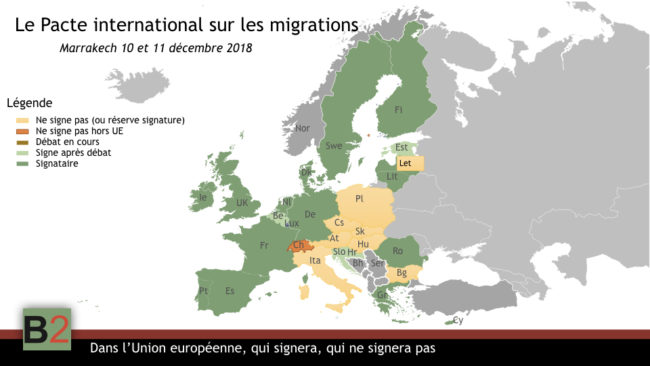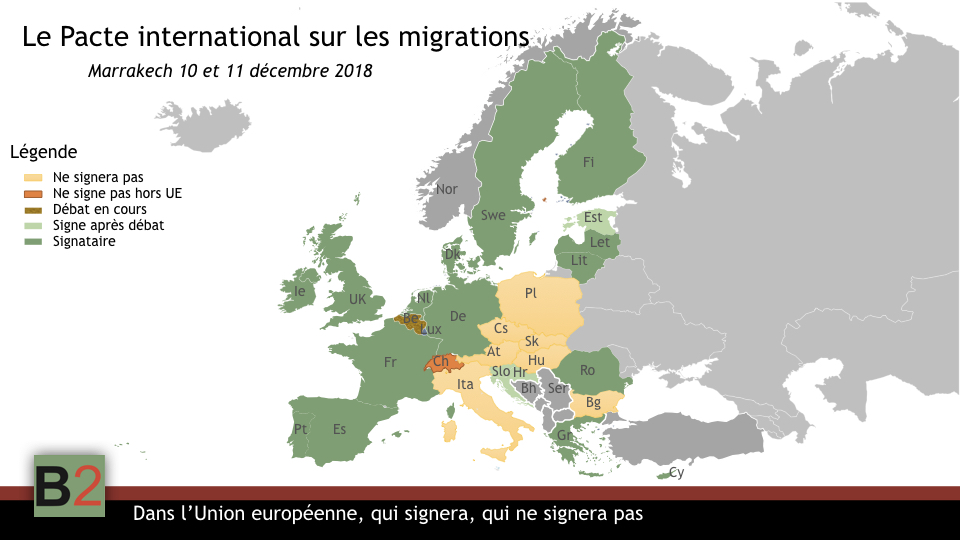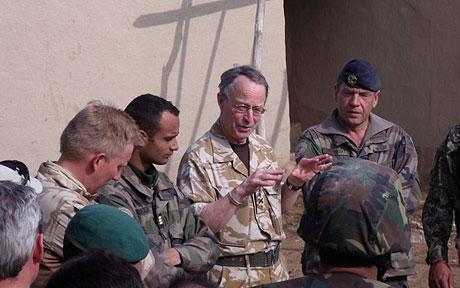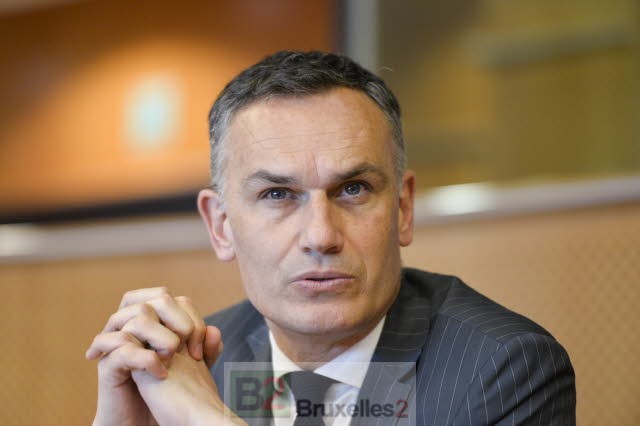Who will sign, who will not sign the migration pact within the EU? And beyond

(B2) Finally, nearly a dozen countries of the European Union will not sign the UN migration pact in Marrakech on December 10 and 11
There are eight on our list: Hungary, Austria, Poland, Czechia, Slovakia, Bulgaria, Italy and, finally, Latvia. Estonia and Croatia should finally sign after reflection. Belgium finally signed but at the cost of a government crisis....
Convergences despite differences in political affiliation
From a political point of view, even if there is convergence between these governments, there is not much in common. Some of them are in coalition with the extreme right (Austria, Italy, Bulgaria), but not all. Others navigate between a fairly classic conservative government (PiS in Poland), a Christian-democratic government, with personal leanings (Viktor Orban in Hungary), a centre-left government (Slovakia) with a liberal leaning (Babis in the Czech Republic) . It's a certain heterogeneity that can't be summed up simply by the too easily used term of 'populism'.
Eastern Europe, but not only
Geographically, the same observation can be made. Admittedly, most of these countries are located in eastern Europe, and joined during the last major wave of enlargement in 2004 or 2007, but others are in southern or central Europe and are longer in the Union (Austria), and are even founders of it (Italy). In the same way, to indicate that it is about 'Visegrad' (the four countries Poland, Czechia, Slovakia and Hungary) is very simplistic.
The migratory wave, but not all
All of them were confronted with a wave of migration in 2015. Some from very far away (Poland, Czech Republic), others much closer, on the front line (Italy, Bulgaria) or on the second line (Austria, Hungary, etc.). .). In Croatia (1) and Slovenia (2), which are part of this second line, the debate was delicate within the parties, and between the majority and the opposition.
Central Europe and the former Habsburg Empire
On the other hand, what is striking when you look at this map is a certain historical community. With the exception of Bulgaria, all are (more or less) the result of the dismemberment of the Austro-Hungarian Empire, which shattered a hundred years ago during the First World War. An empire traversed by tensions between an authoritarian, conservative tendency and a liberal, decentralizing, unionist tendency...
These are often countries that have had to face a wave for which they were not politically or historically prepared. Countries where the contours of the territory, even the independence of the State itself, are recent, and which then have a visceral need to assert both control of their borders and their ability to lead. We are not only in pure politics, but in collective psychology, which these governments maintain... or which they reflect.
It is not a question, here, of drawing conclusions, but of awakening avenues for reflection in order to understand, rather than trying to make summary classifications, hasty condemnations or politicized analyses. In Europe, there are never good guys on one side and bad guys on the other.
(Nicolas Gros-Verheyde)
Updated on 2.12 on Slovenia and Croatia, on 12.12 on Belgium and Latvia.
- In Croatia, President Kolinda Grabar-Kitarovic (HDZ) has expressed her refusal to go to Marrakech to sign the text, and several parties have adopted this position. But the centre-right and nationalist coalition government led by Andrej Plenković (HdZ) should finally sign the text. A political differential such as a quarrel between people at the highest level of the state explains this hiccup.
- In Slovenia, the centre-left coalition government of Marjan Šarec finally announced on Thursday (15 November) its decision to approve the Pact. An emergency session of Parliament was convened on 21 November on this subject. President Borut Pahor (SD) however indicated that additional explanations were necessary, to make it clear that each country is in control of its migration policy.


